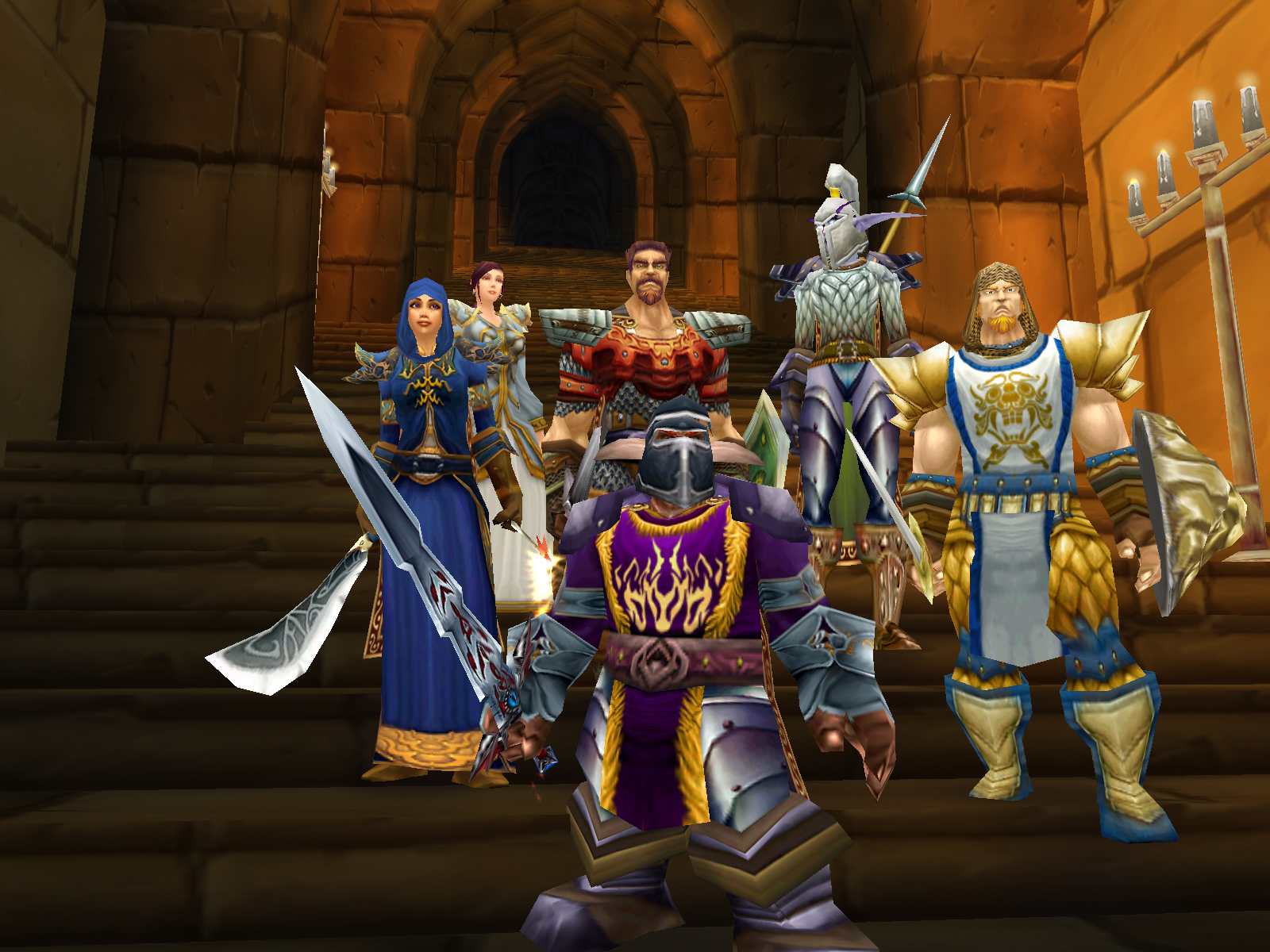 Starting later this month, World of Warcraft developer Blizzard will require its Internet forum members to post under their real life names, using an ID system that is otherwise voluntary for players. The goal is to fight flame wars and banish trolls, using the logic that people wouldn’t be so incendiary if everything they wrote on Internet message boards left a searchable trail.
Starting later this month, World of Warcraft developer Blizzard will require its Internet forum members to post under their real life names, using an ID system that is otherwise voluntary for players. The goal is to fight flame wars and banish trolls, using the logic that people wouldn’t be so incendiary if everything they wrote on Internet message boards left a searchable trail.
Within Blizzard’s forums, this is a pretty big deal, even for perfectly civil people. The most reasonable concern I’ve heard is that requiring real names would also force peaceful forumgoers to shed their identities as private massive multiplayer gamers, or at least merge those identities with real life. To paraphrase one forum poster, his World of Warcraft habit could be immediately discovered by any romantic interest or potential employer.
Reading that argument, my mind jumped to Facebook’s privacy approach. For entirely different reasons from Blizzard, Facebook has pushed to make its users’ information more public, notably by defaulting status updates to be shared with the world.
The cynical view is that Facebook seeks more money by opening up user data, but chief executive Mark Zuckerberg also has an atypical worldview, which he shared with David Kirkpatrick in “The Facebook Effect.” To wit:
“The days of you having a different image for your work friends or co-workers and for the other people you know are probably coming to an end pretty quickly … Having two identities for yourself is an example of a lack of integrity.”
Now, I don’t think Blizzard’s new policy has any broader goal than to stop people from spamming and trolling message boards, but it’s hard not to see a bit of Zuckerberg in Blizzard’s actions. Here’s a game developer saying your real life identify and the one you assume as part of World of Warcraft’s Internet community are actually the same. No more hiding one persona from the other. Facebook, it seems, is guided by the same principle.
Whether we’re talking World of Warcraft or Facebook, the merits of this argument will be debated for years to come.
 Why, it was only last week that I wrote about how Valve and several other big video game publishers are lovingly embracing the free-to-play business model. Now you can add Activision-Blizzard to that group, because World of Warcraft is going free-to-play.
Why, it was only last week that I wrote about how Valve and several other big video game publishers are lovingly embracing the free-to-play business model. Now you can add Activision-Blizzard to that group, because World of Warcraft is going free-to-play.
 The old question of whether you own or merely license software got another answer in a U.S. appeals court, which
The old question of whether you own or merely license software got another answer in a U.S. appeals court, which 

